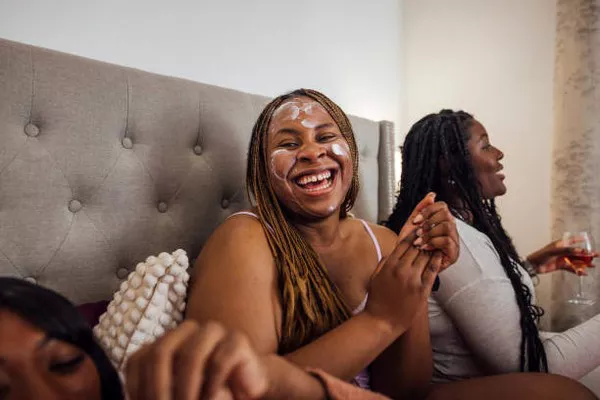In recent years, Cuba has witnessed a significant resurgence in the popularity of Afro hairstyles, reflecting a profound reconnection with African heritage and a robust affirmation of cultural identity. This revival, rooted deeply in the island’s historical context and socio-political dynamics, is part of a broader movement among Afro-Cubans to reclaim their narrative and celebrate their roots.
Cuba’s Afro-Cuban community boasts a rich cultural legacy stemming from the transatlantic slave trade, which brought countless Africans to the island. Despite their forced migration, many of these individuals preserved their cultural practices, including distinctive hairstyles that signified social status, ethnic identity, and a link to their ancestral heritage.
For many years, however, Afro-centric hairstyles were marginalized in a society that predominantly celebrated European beauty standards. This trend has shifted notably in recent times. Today, traditional Afro hairstyles are not merely fashion statements but symbols of a renewed cultural pride and a way to navigate the complexities of race in contemporary Cuban society.
Political Dimensions
The resurgence of Afro hairstyles in Cuba carries significant political weight. In a nation where racial inequality persists beneath a veneer of revolutionary egalitarianism, these hairstyles have become symbols of resistance against systemic racism and cultural suppression. Embracing Afro hairstyles represents a direct challenge to the entrenched Eurocentric ideals of beauty and power that have long dominated Cuban society.
Activists and prominent figures within the Afro-Cuban community are increasingly vocal about social justice issues, pushing for greater inclusivity and representation across all societal domains. This heightened awareness among artists, politicians, and community leaders has sparked national discussions on race and identity, encouraging a more nuanced understanding of the historical and ongoing injustices faced by Afro-Cubans.
Fashion Forward
Beyond their political implications, Afro hairstyles are making a considerable impact on the fashion industry. Designers are integrating Afro-centric styles into modern fashion, showcasing these looks on both international runways and local stages. From vibrant afros to intricate braids and locs, Afro hairstyles are celebrated for their aesthetic appeal and cultural significance.
Social media platforms like Instagram and TikTok have played a pivotal role in this revival. Influencers are using these platforms to showcase their Afro hairstyles, setting trends and fostering dialogues about self-acceptance and pride. The increased visibility of these styles is helping to redefine beauty standards, making natural hair a celebrated feature in contemporary fashion.
Conclusion
The revival of Afro hairstyles in Cuba transcends mere fashion; it represents a profound movement towards identity reclamation and political consciousness. As Afro-Cubans embrace their heritage through these hairstyles, they challenge societal norms and initiate essential conversations about race and representation. This cultural renaissance not only underscores the beauty of diversity but also acts as a catalyst for significant societal change in a nation still grappling with its historical legacies.
As this movement continues to gain momentum, it highlights the resilience of the Afro-Cuban community and their commitment to honoring their cultural roots while striving for a more inclusive future. By embracing Afro hairstyles, Cubans are making a powerful statement of identity, resisting stereotypes, and fostering a sense of solidarity that echoes throughout society.
This cultural revival, blending traditional elements with contemporary expressions of beauty and self-identity, serves as a crucial component in the broader narrative of resilience, empowerment, and cultural pride within Cuba.


